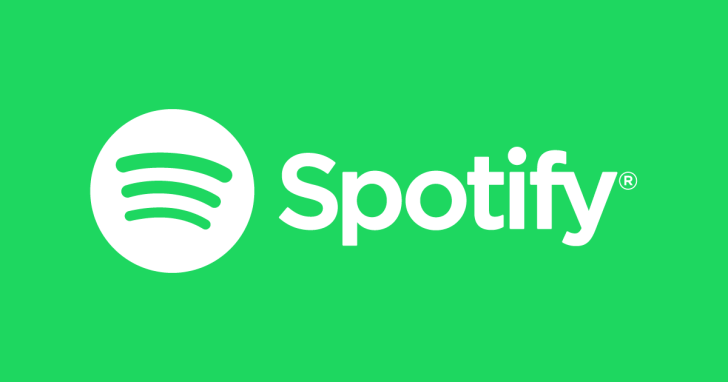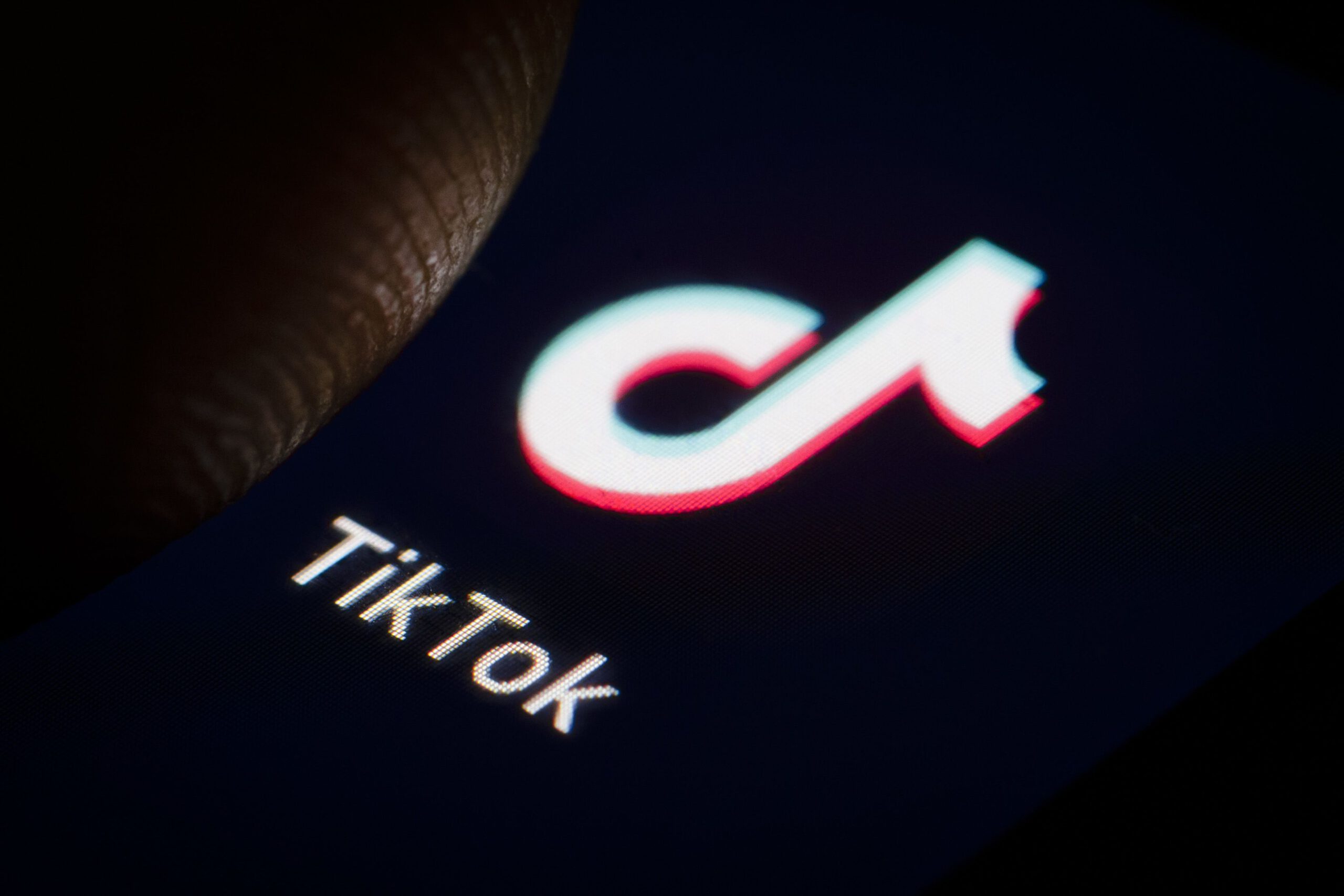
Spotify, a global leader in music streaming with millions of active users, is currently under scrutiny following the discovery of explicit content appearing in search results and disguised as podcast episodes. This revelation has raised serious concerns about the platform’s content moderation capabilities, particularly given its accessibility to younger audiences.
The issue came to light recently when users reported instances of explicit videos surfacing in search results for popular artists. These videos, categorized as podcast episodes, bypassed Spotify’s existing content moderation measures, appearing alongside legitimate search results. This included explicit material disguised under misleading titles that made it past the platform’s automated and manual moderation systems.
While Spotify has taken action to remove the flagged content and deactivate the accounts involved, the persistence of such material on a platform that prides itself on offering a safe and family-friendly user experience is concerning. Reports indicate that some of the accounts distributing explicit videos had previously uploaded erotic audio content, suggesting a history of exploiting the platform’s systems. Other accounts, often hastily created and identified by nonsensical alphanumeric usernames, have also been linked to these incidents. These accounts appear to take advantage of loopholes in Spotify’s content submission processes, allowing explicit material to proliferate.
This is not the first time Spotify has faced criticism over inappropriate content. In the past, the platform has dealt with issues such as explicit images and audio content slipping through its moderation tools. However, the latest incidents, involving pornographic videos being directly accessible through search results, signal a new level of concern. The platform’s safeguards, designed to prevent the spread of inappropriate material, have evidently been insufficient in this instance.
Spotify is widely regarded as the dominant player in the global music streaming market, holding a significant share thanks to its extensive library, personalized playlists, and cross-device compatibility. However, the platform’s appeal extends to a broad demographic, including younger users. Spotify’s terms of service permit users aged 13 and above to join, provided they have parental consent where applicable. This demographic overlap underscores the importance of robust content moderation to ensure a safe user experience.
Parental controls are available on Spotify to restrict explicit content, but these measures rely on content being properly flagged. The presence of explicit material disguised as legitimate podcasts raises questions about the efficacy of these controls. If inappropriate content is miscategorized or inadequately flagged, parental controls cannot function effectively. Additionally, while Spotify allows users to report inappropriate content, the process involves multiple steps, including copying URLs and visiting a separate reporting page. This cumbersome mechanism may discourage users from reporting violations, further complicating the issue.
The implications of these incidents extend beyond user safety. Spotify’s reputation as a leading streaming service hinges not only on its vast music catalog but also on its commitment to providing a trustworthy platform for users. The appearance of explicit content undermines this trust, potentially affecting user retention and public perception. Furthermore, it highlights broader challenges faced by digital platforms in moderating user-generated content at scale. As platforms expand their offerings and incorporate features such as podcasts and video content, maintaining effective moderation becomes increasingly complex.
The current situation also raises questions about the technological and human resources Spotify has allocated to content moderation. Automated systems are typically the first line of defense against inappropriate content, but they are not foolproof. Sophisticated evasion tactics, such as misleading titles and account names, can bypass automated checks. Human moderation, while more discerning, is resource-intensive and may struggle to keep pace with the sheer volume of content uploaded daily. A combination of these factors has likely contributed to the current lapse in moderation.
Spotify has acknowledged the existence of the flagged content and has acted to remove it. However, the company has not provided a detailed explanation of how the content made it past its moderation systems or what steps will be taken to prevent similar incidents in the future.








